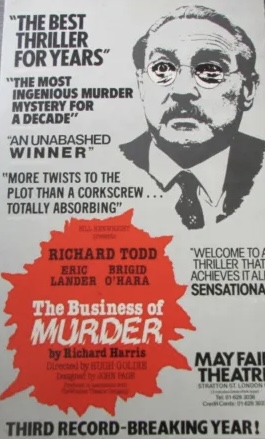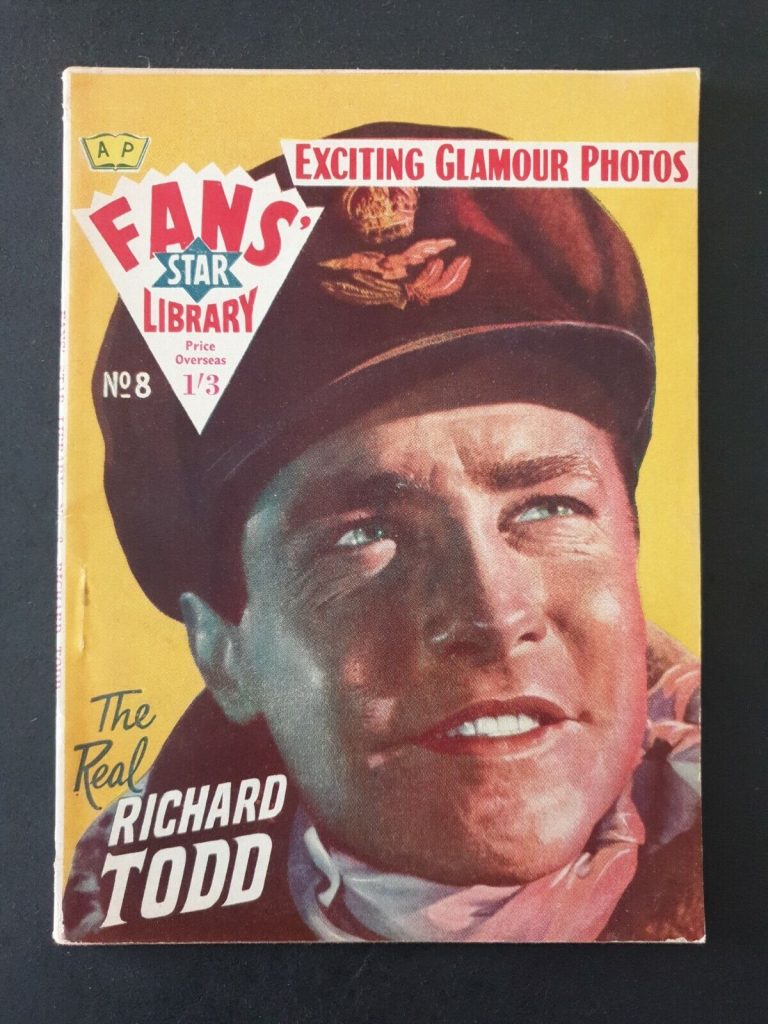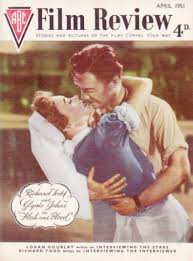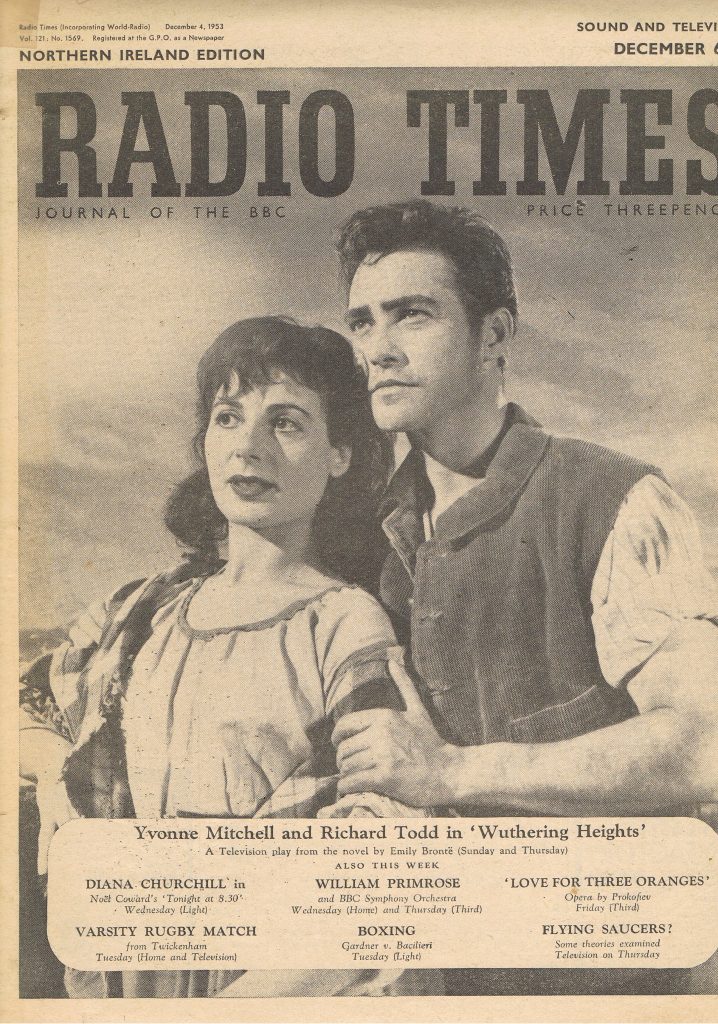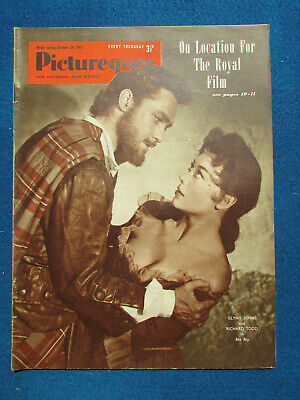
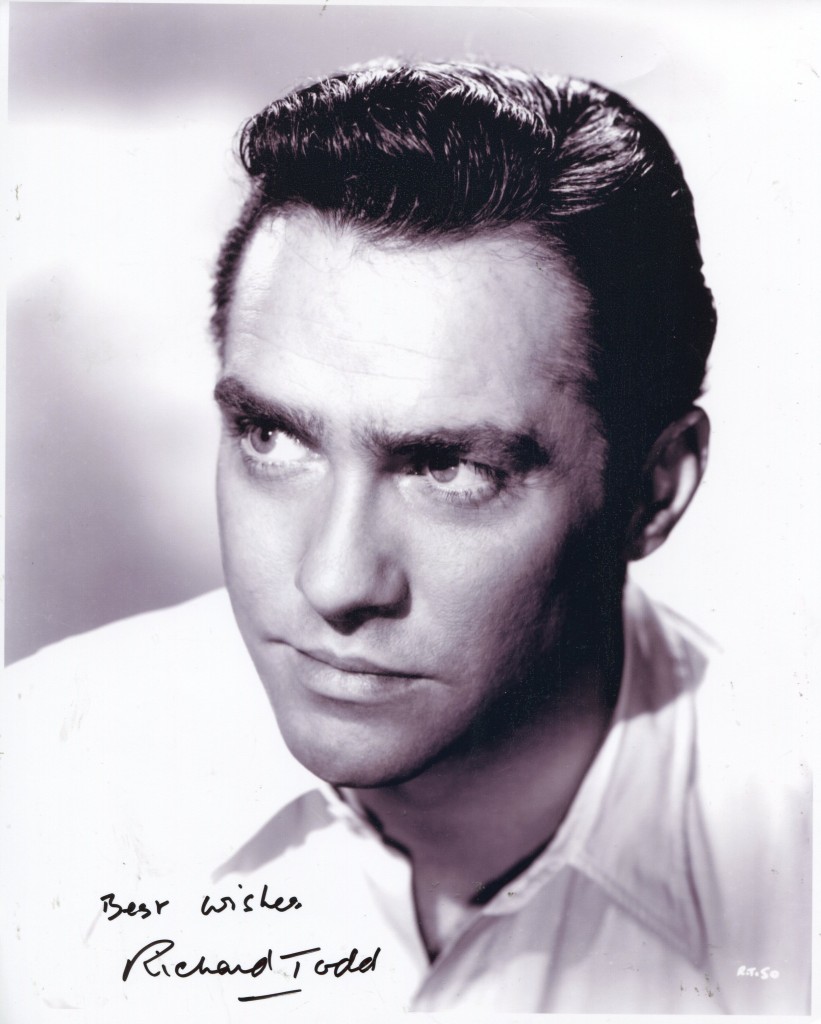
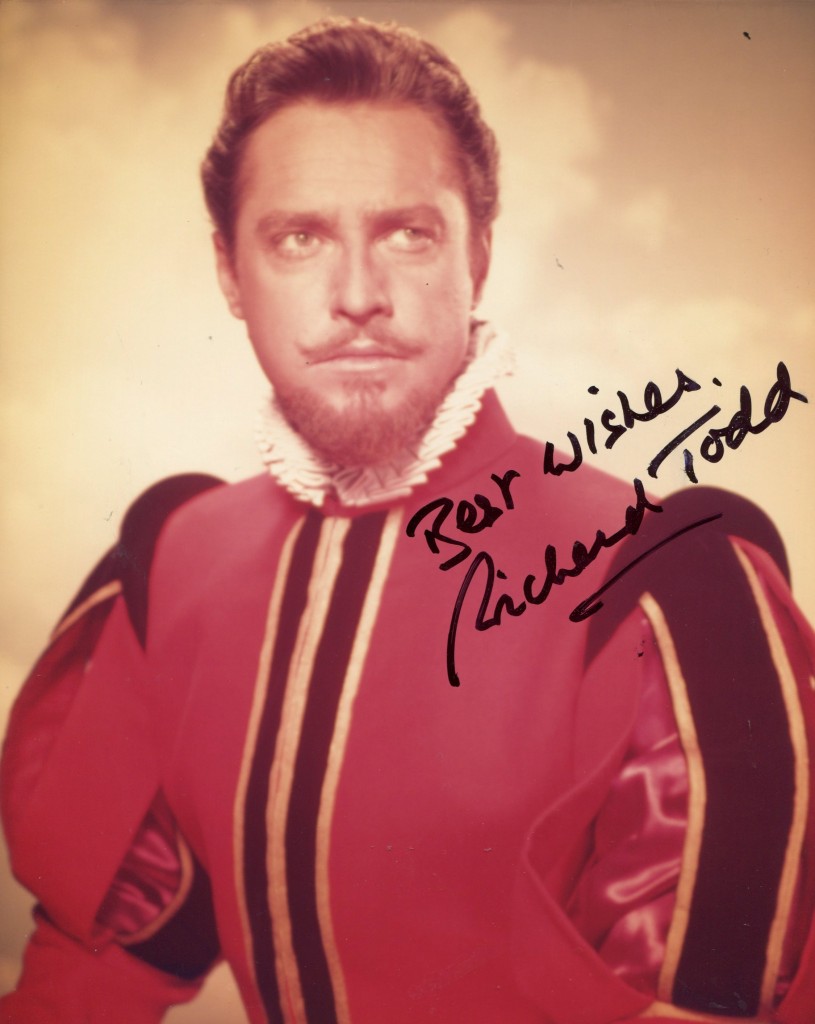
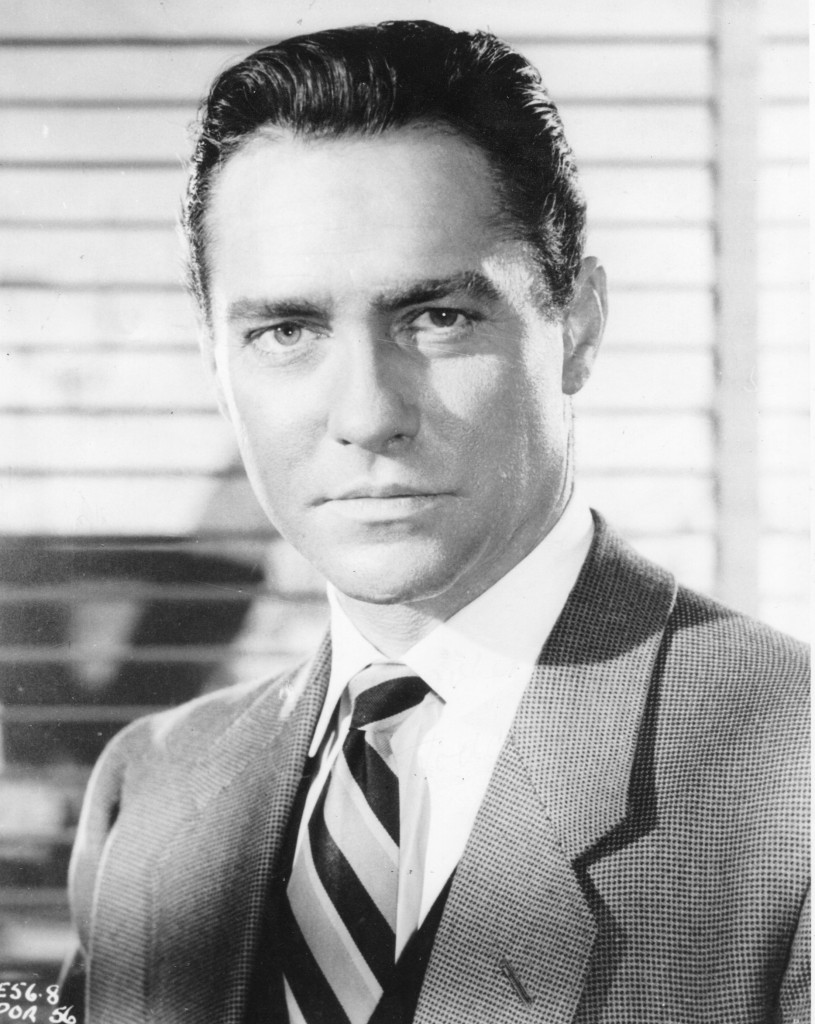
Richard Todd obituary in “The Guardian” in 2009.
Richard Todd, who has died of cancer aged 90, will be best remembered for the films in which he played a wide assortment of clean-cut British heroes. His most famous performance was as Wing Commander Guy Gibson in The Dam Busters (1955), although he also played Robin Hood and Sir Walter Raleigh.
As dour and stiff upper-lipped as any of the characters he portrayed in his highly successful film career in the 1940s and 1950s, he was one of the first members of the Parachute Regiment to jump on D-day – a real-life role he later echoed, albeit at a higher rank, in The Longest Day (1962), the reconstruction of the invasion of Normandy 17 years after the event (another actor posed as Todd himself).
As Gibson, Todd starred as the leader of the daring airborne mission in May 1943 to smash German industry in the Ruhr valley by strategic bombing of its dams, causing massive flooding. The movie retold the story of Barnes Wallis’s invention of a bouncing bomb that skimmed the surface of the reservoirs before colliding with the three targets – two of which were destroyed.Advertisement
Born in Dublin, Todd was the son of an army major of Scots and Irish descent. His early life in England was one of private schools, including Shrewsbury, genteel poverty and family squabbles, usually over his father’s drinking and extravagances that included buying a large Chrysler roadster behind his wife’s back.
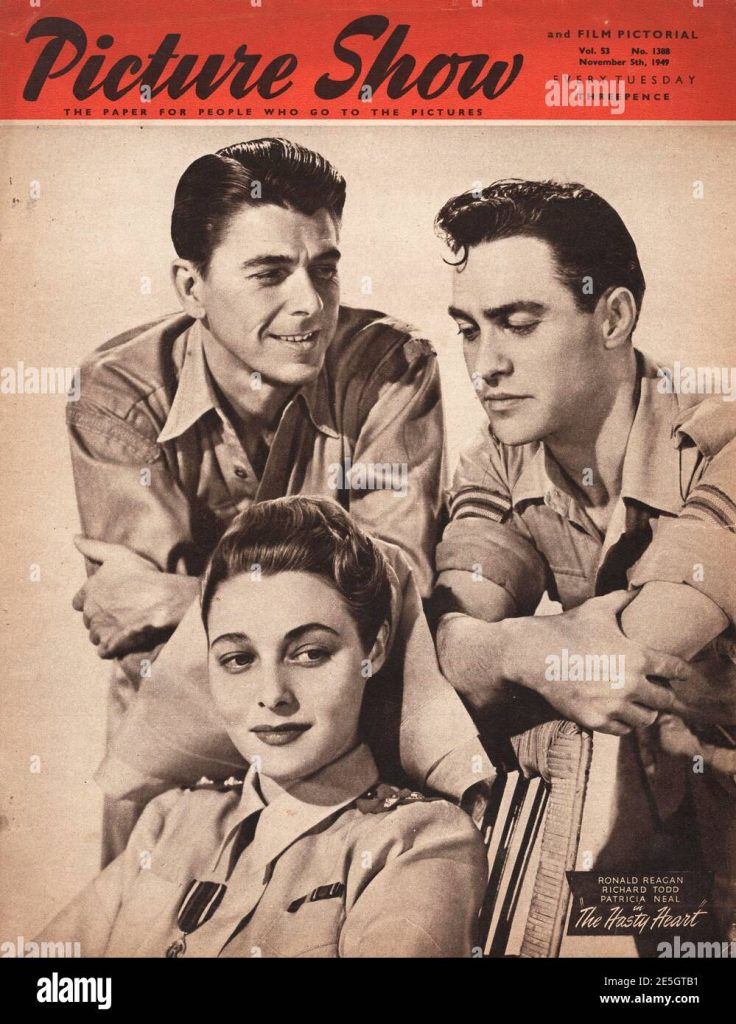


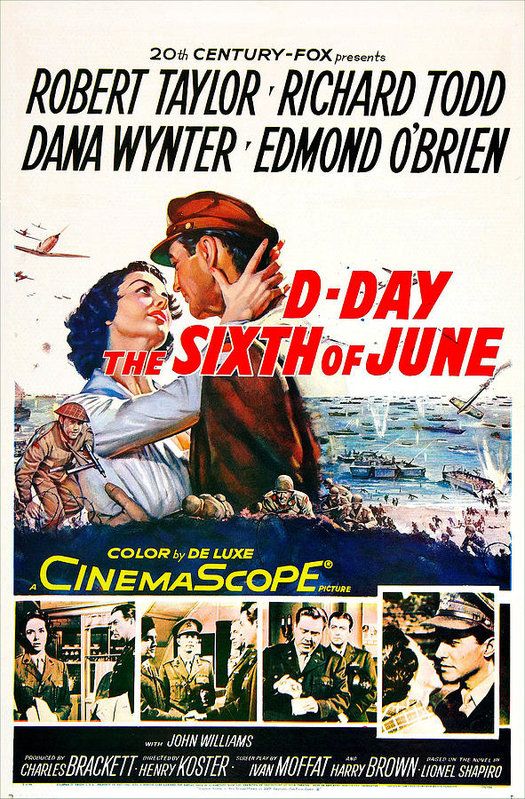
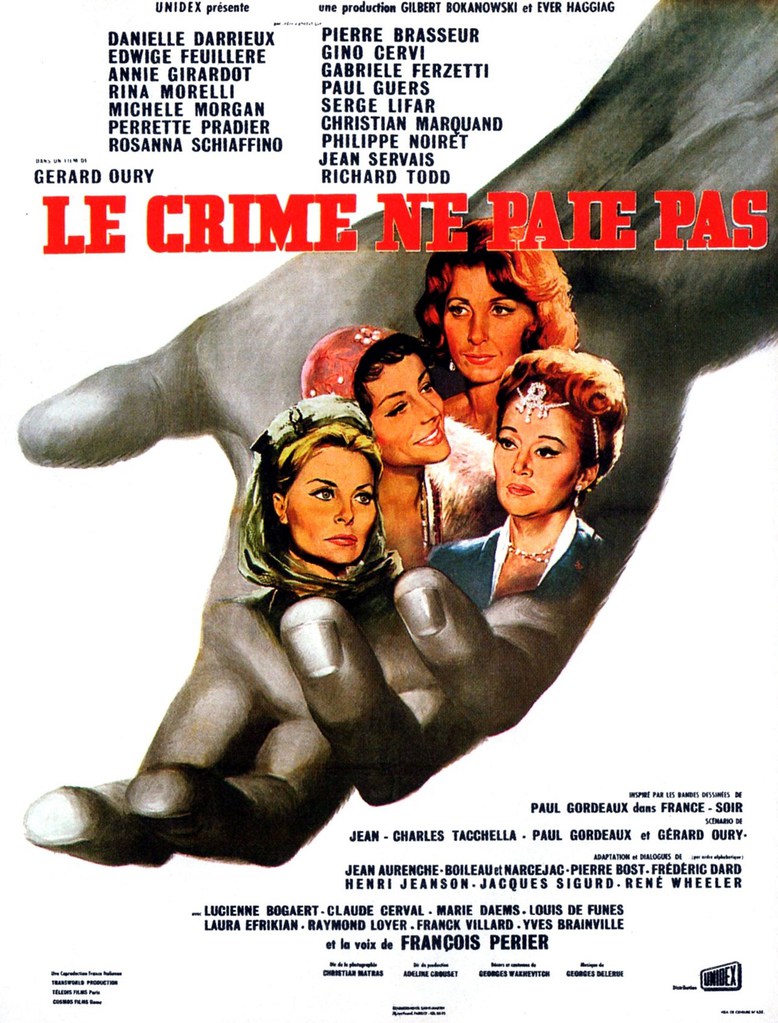

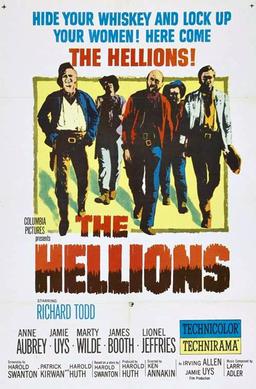

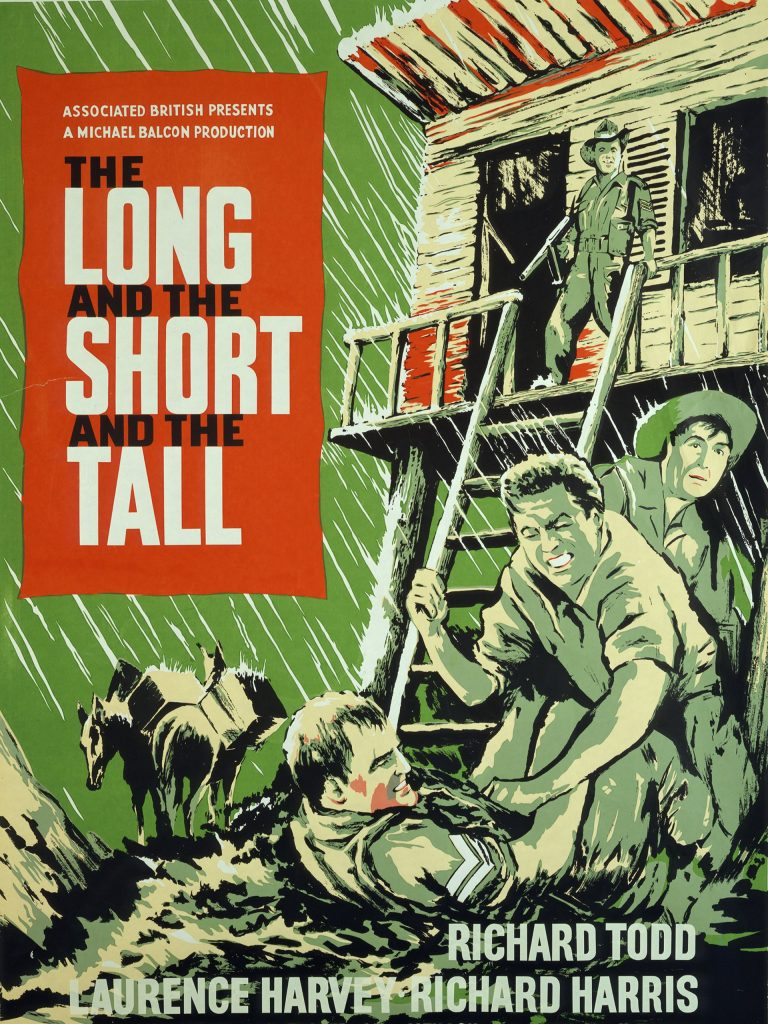
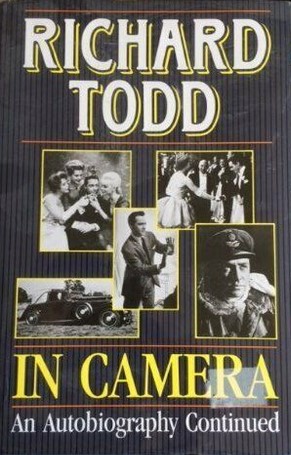


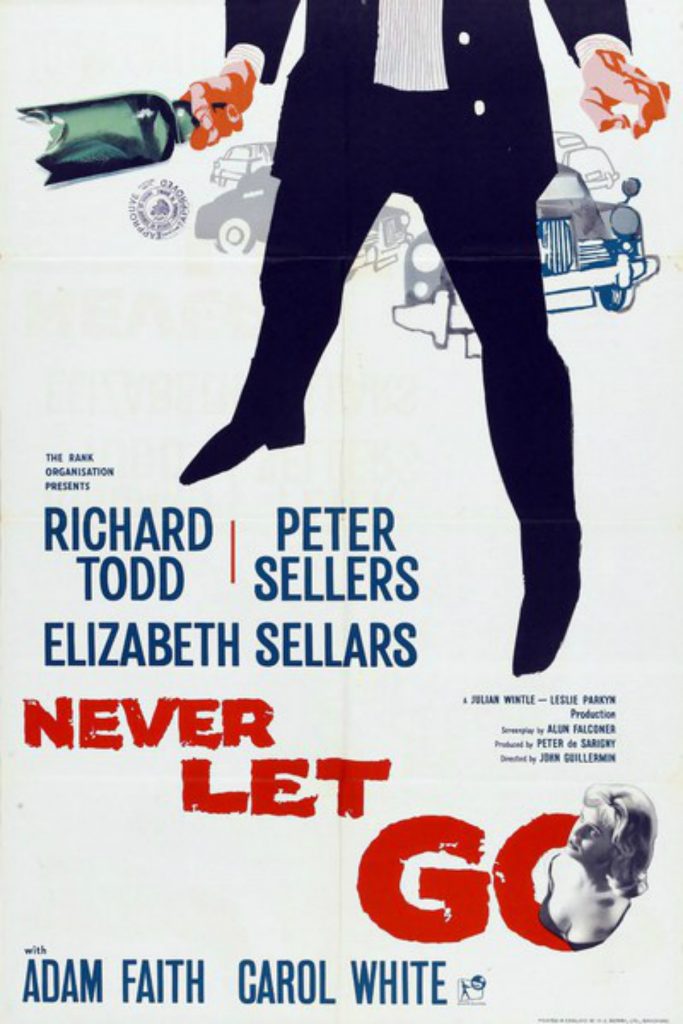
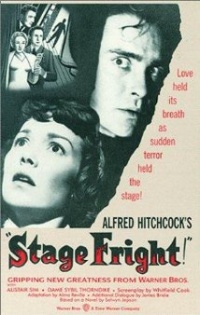
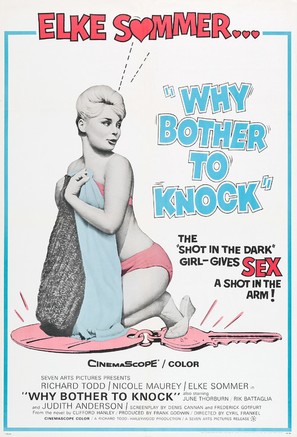


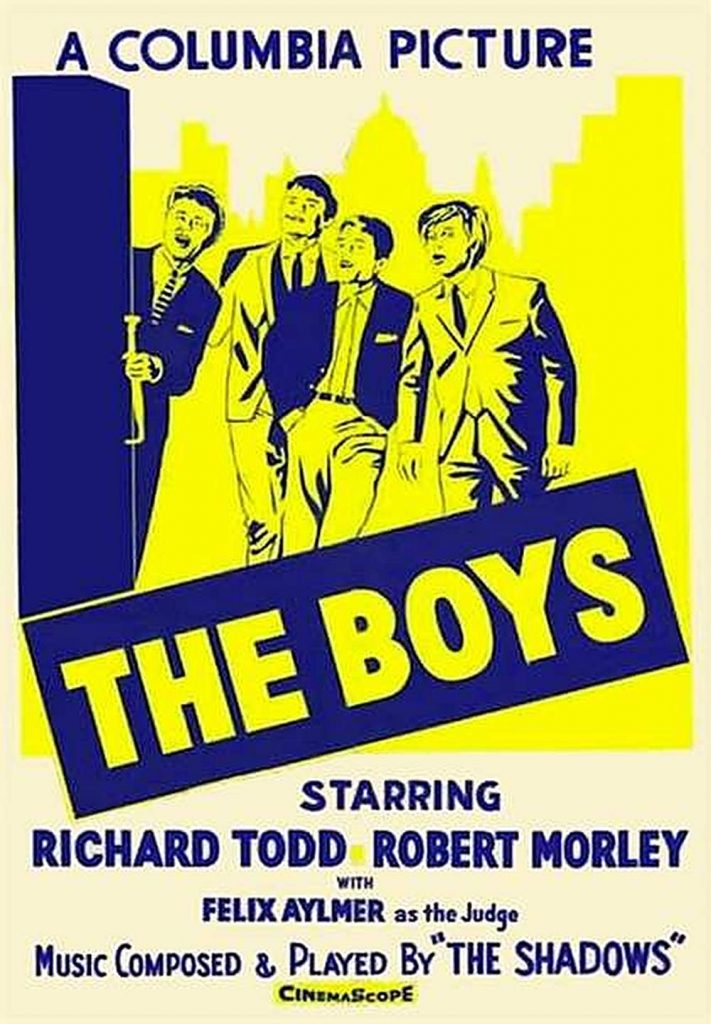

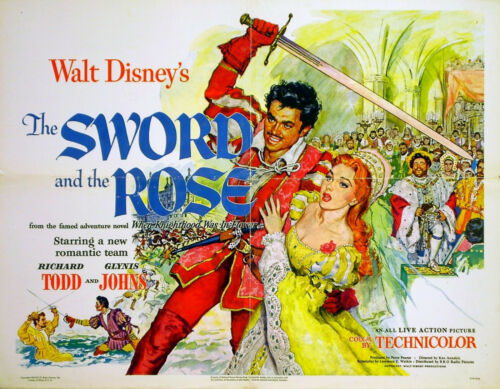
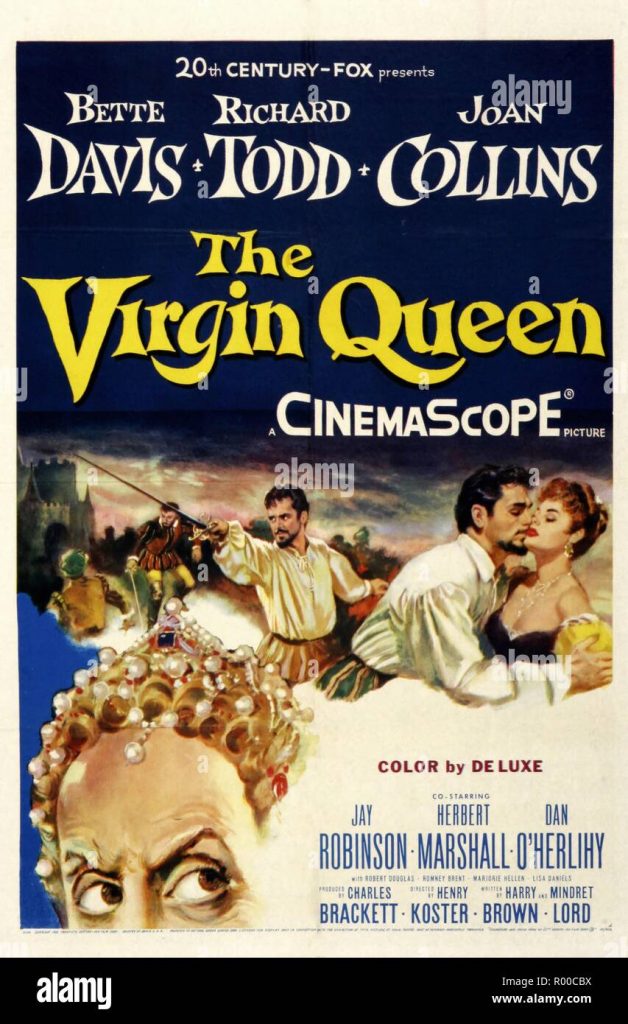
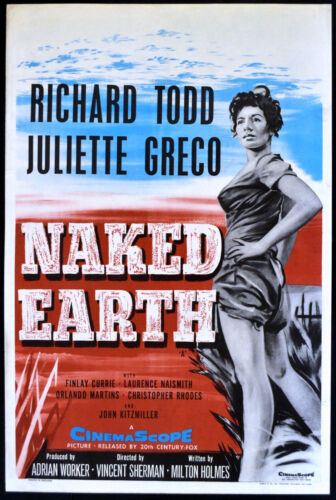
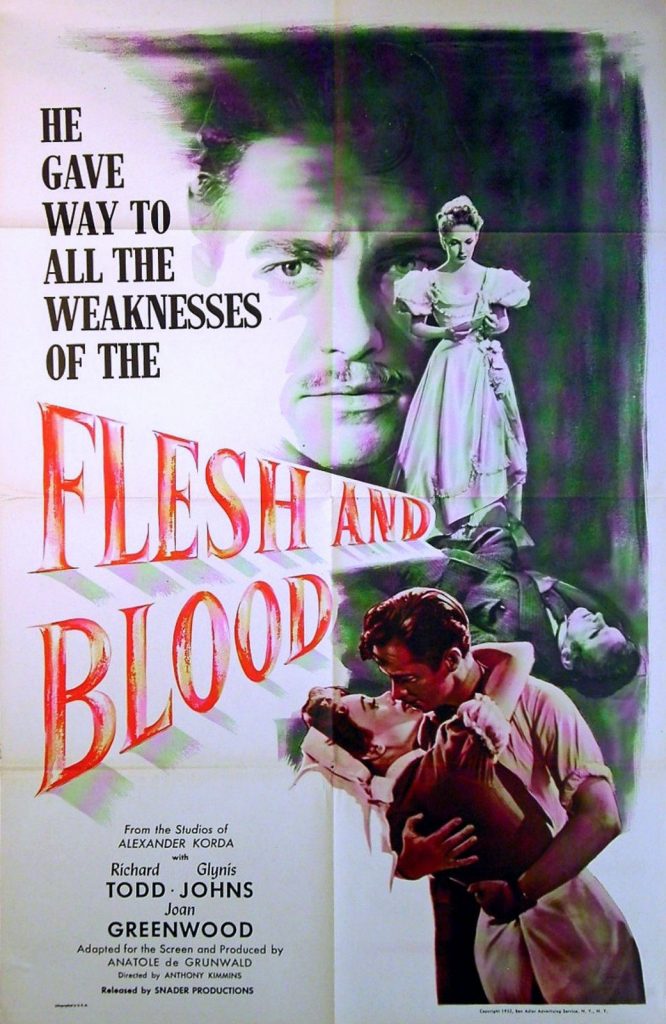
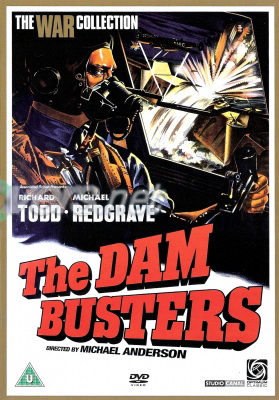
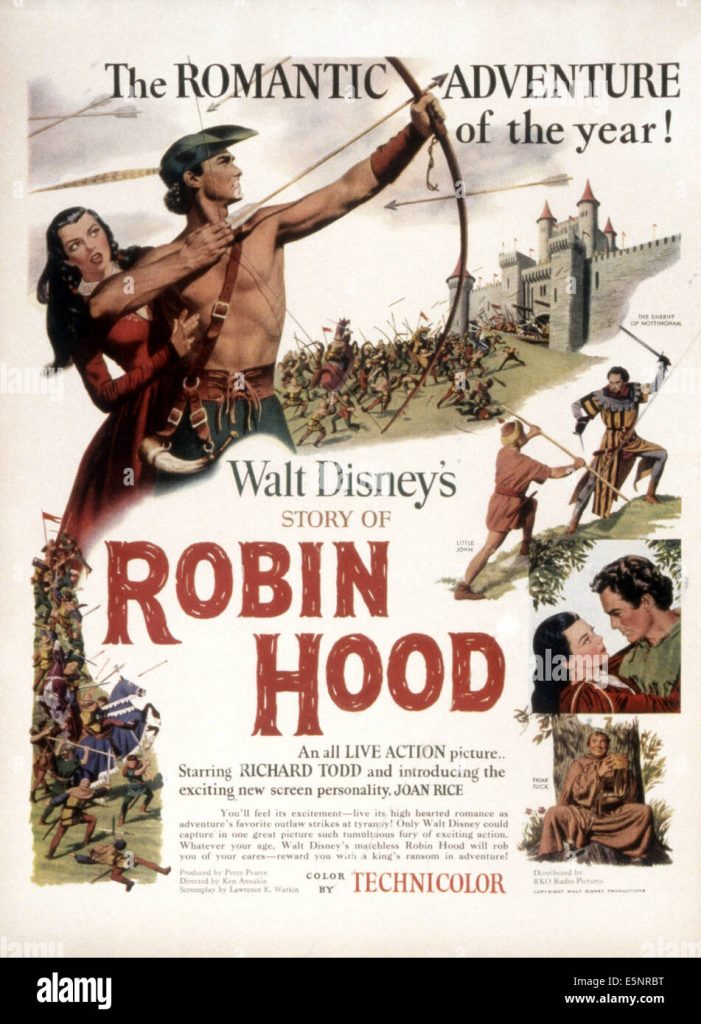
Through two divorces, Todd himself displayed a love of large cars, large houses and large domestic staffs, which only his earlier career as a film star – one of the busiest faces in British cinema – could comfortably support.7
After the Italia Conti school of acting in London, where a teacher advised him to “bring it up from the genitals, dear!” – advice beyond his dramatic range – Todd first appeared with the Welsh Players, a precarious touring group, then with Dundee Rep. Just before the second world war, he appeared at the Regents Park open air theatre, then got a part in a mediocre film, For Them That Trespass (1949), and a seven-year contract with the Associated British Film Corporation (ABFC), then the main rival to Rank.
His tear-jerking portrayal of a dying and bitter Scots corporal in his second contract film, The Hasty Heart (1949), made him an instant hot property. Ronald Reagan was in a supporting role, his only appearance in a film made in Britain. The two men stayed in touch and once dined together at 10 Downing Street with a woman they both admired, Margaret Thatcher. Hitchcock used him in Stage Fright (1950), Walt Disney used him in Robin Hood (1952). But Todd was always uneasy in Hollywood. Once, in his enthusiasm for tennis and ignorance of local idiom, he told a startled Ruth Roman that he would love a knock up with her, and on another occasion he arrived for work in a car with a flat battery that his distinguished director King Vidor had to help push-start.
Todd nevertheless appeared as Raleigh, alongside Bette Davis, in The Virgin Queen in 1955, made The Sword and the Rose (1953) for Disney and Saint Joan (1957) for Otto Preminger. He certainly made ABFC more money than his salary by being hired out to other film-makers. But he was happiest while filming in England, although he refused the lead in The Guns of Navarone (1961) and was also unable to accept the role of James Bond – despite being Ian Fleming’s first choice – because of other commitments. Sean Connery took the role instead.
By the end of the 1950s, the studio system was breaking up, his contract was not renewed, and wheeler-dealing over individual films became the norm. While flirting with television, for which he did Carrington VC in 1960, he became a stage actor-manager by forming Triumph theatre productions and touring middlebrow plays. Under the Triumph umbrella, he appeared in Royal Shakespeare Company productions, including The Hollow Crown. He also played the lead for eight unbroken years from 1981 in Richard Harris’s The Business of Murder in the West End. His denigration of his own business sense and his squire’s tweeds and eyeglass were partly a pose.
He became a dairy farmer from 1957, leading to his appointment as president of the Henley and District Agricultural Association in Buckinghamshire. A very British perfectionist, he confessed to a dream that, despite the warnings of his friends and everyone else he talked to, there would always be a market for the best. So he bought the very best Jersey cows, the best hens and the best pigs – and ran straight into trouble. Todd claimed that this came about because the Milk Marketing Board tended to help mediocre produce at the expense of the best. In those days most dairy farmers found it expedient to market their produce through the board, but he decided to go it alone.
“I saw to it that my Wensleydale cheese came from Wensleydale, my Gloucester from Gloucester,” he said. He hawked it, along with the cream, around restaurants, little shops and supermarkets across the Midlands and southern England. As a result, Richard Todd cream was praised by the Consumer Association magazine Which? and by many gourmet publications.
His success as a businessman/farmer was a double-edged sword as his acting career receded. However, Todd retained his instinct for business. In the 1970s, actors – especially well-spoken and well-dressed middle-class actors who had slipped out of fashion – were having a lean time. An organisation was set up to use such players by touring them in the US and other parts of the world. Todd – the star of 50 films over 20 years – was one of the relatively few former high-powered stars who turned out to support the idea.
Physically small but sturdy, Todd was more of a realist than many actors. He said bluntly that when the film parts dried up and he had returned to the stage, he had been “absolutely dreadful” in a production of Oscar Wilde’s An Ideal Husband (1965) and had had to relearn the stage technique he had acquired at the beginning of his career. At that time, too, he sold his farm to support himself.
He was married twice, in 1949 to Catherine Grant-Bogle, by whom he had a son and daughter, and in 1970 to Virginia Mailer, by whom he had two sons. Both marriages ended in divorce. His son from his first marriage and one of his sons from his second marriage killed themselves. He is survived by his other two children.
• Richard Andrew Palethorpe-Todd, actor, born 11 June 1919; died 3 December 2009
